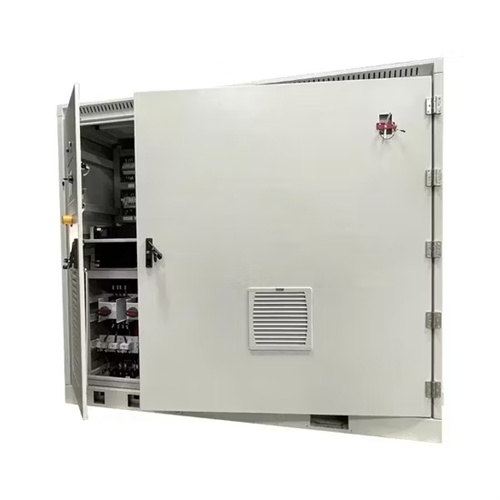Meaning of battery energy storage
A battery energy storage system (BESS) or battery storage power station is a type of energy storage technology that uses a group of batteries to store electrical energy. Battery storage is the fastest responding dispatchable source of power on electric grids, and it is used to stabilise those grids, as battery storage.
Battery storage power plants and (UPS) are comparable in technology and function. However, battery storage power plants are larger. For safety and security.
Since they do not have any mechanical parts, battery storage power plants offer extremely short control times and start times, as little as 10 ms.They can therefore help dampen the fast oscillations that occur when electrical power networks are operated close to.
•.
Most of the BESS systems are composed of securely sealed , which are electronically monitored and replaced once their performance falls below a given threshold. Batteries suffer from cycle ageing, or deterioration caused by charge-discharge cycles. This.
While the market for grid batteries is small compared to the other major form of grid storage, pumped hydroelectricity, it is growing very fast. For example, in the United States, the market for storage power plants in 2015 increased by 243% compared to 2014.The.
As the photovoltaic (PV) industry continues to evolve, advancements in Meaning of battery energy storage have become critical to optimizing the utilization of renewable energy sources. From innovative battery technologies to intelligent energy management systems, these solutions are transforming the way we store and distribute solar-generated electricity.

